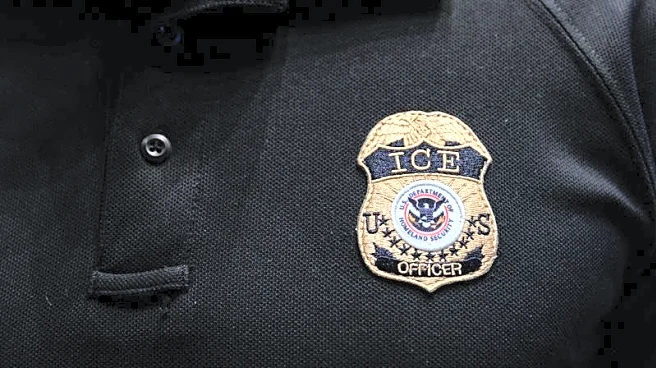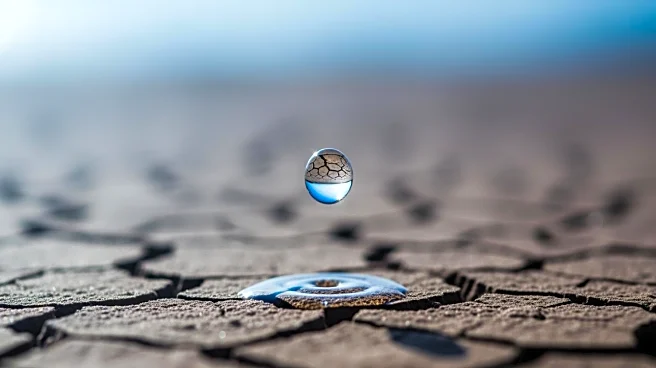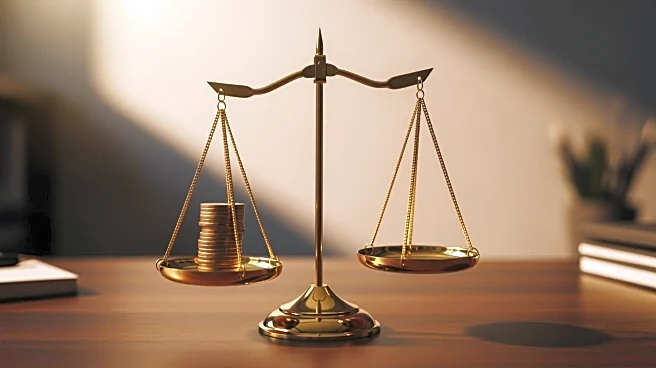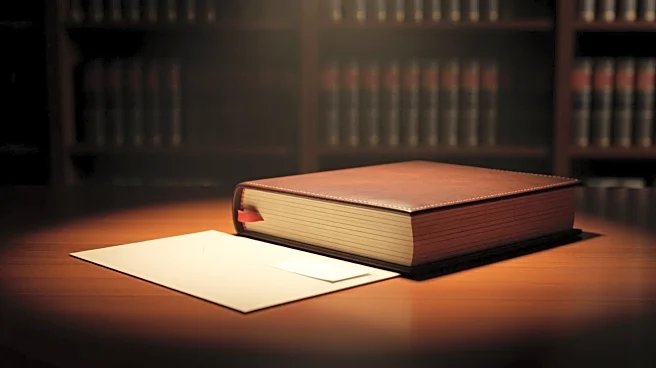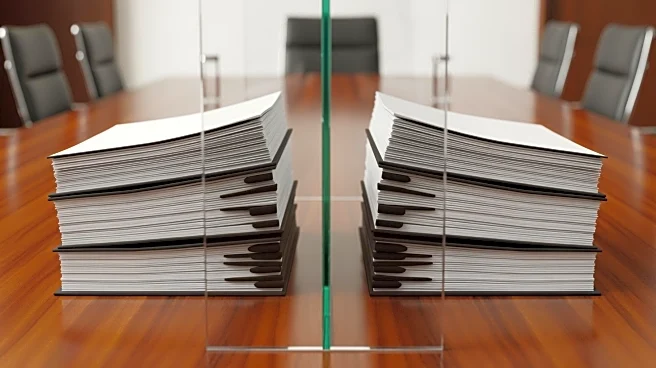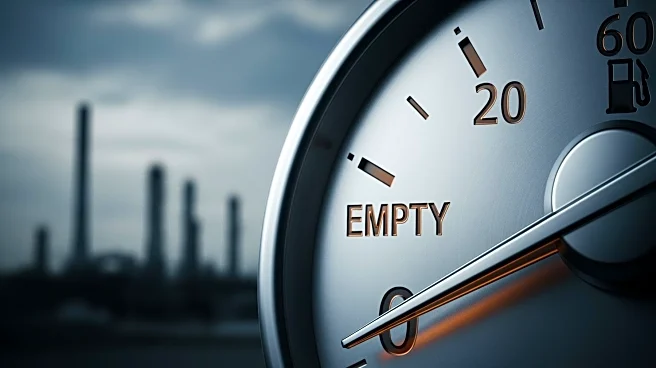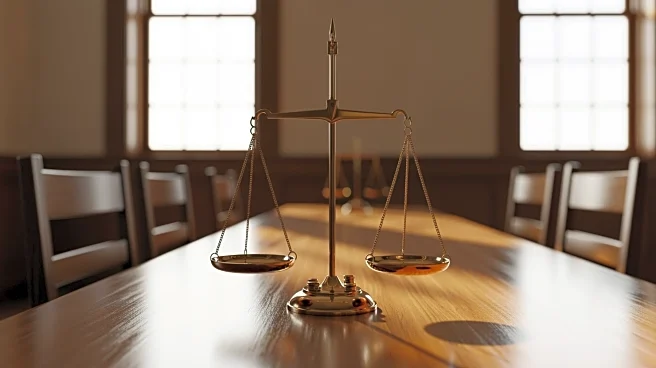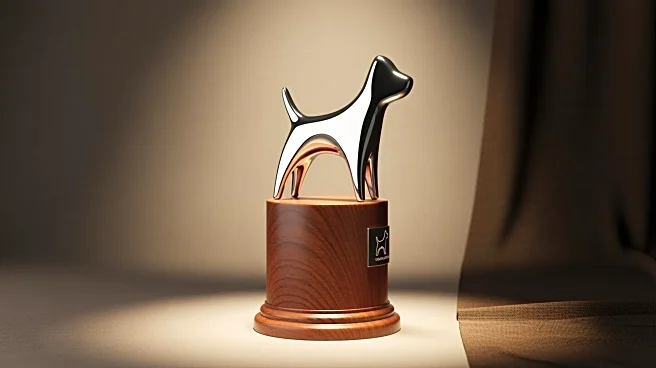TOKYO (AP) — South Korean President Lee Jae Myung, in his first summit with Japanese Prime Minister Shigeru Ishiba on Saturday, stressed the importance of setting aside their past differences as they face
common challenges from the United States, their mutual ally.
The two agreed to cooperate in areas that include clean energy, artificial intelligence, low births, the aging population and disaster prevention. They reaffirmed South Korea and Japan would work together and with the United States toward ending North Korea’s nuclear and missile development programs.
Lee's visit to Japan may help him prepare for his crucial first summit in Washington on Aug. 25 with U.S. President Donald Trump, mainly on trade and defense issues.
“I came to Japan today with a conviction to boldly break away from past practices, pursuing pragmatic diplomacy centered on national interest and opening a path toward future-oriented, mutually beneficial cooperation between the countries,” Lee told a joint press conference after two summit sessions.
Lee — who met Ishiba on the sidelines of the Group of Seven summit in June — said he is the first South Korean president since the 1965 normalization of ties to choose Japan as the first destination for a bilateral summit after taking office.
Japanese officials see it as a sign of Lee placing great importance on relations between the two neighbors whose ties have repeatedly been disrupted by historical disputes, hampering their trilateral coordination with Washington.
“It is more important than ever for the two countries to cooperate,” Ishiba said. ”The president and I share this view since his inauguration and I feel encouraged."
The stable relations not only benefit the two countries but also the region, said Ishiba in his opening remarks at the summit. The Japanese prime minister faces pressure from rightwing rivals within his governing party to resign over its July election loss.
Saturday’s summit was aimed at highlighting the two nations' good ties as they mark the 60th anniversary of normalizing their diplomatic relations.
Rintaro Nishimura, an associate with The Asia Group’s Japan branch, said the timing of Lee’s visit shows his style "of pragmatic diplomacy,” with a focus both on bilateral and trilateral relations with the U.S.
“I also think it was a gesture from Lee to show that Japan is very important in his mind as a partner in his foreign policy,” he said.
Ishiba, who met Trump in Washington in February and held talks with him at the June G7 summit, has settled a tariffs deal ahead of South Korea.
“We shared a recognition that in the face of a rapidly changing international situation, unwavering cooperation of South Korea-Japan and South Korea-U.S.-Japan is more important than ever,” Lee said.
Lee said they agreed to pursue "a virtuous cycle” in which their improved relations enhance their trilateral cooperation with the U.S.
Ishiba said they agreed to step up strategic dialogue in the areas of defense and economic security.
The summit comes just days after the two leaders signaled their conciliatory approach to each other.
A joint statement after Saturday's summit, the first such in 17 years, said the two leaders agreed to look toward the future even as Tokyo reiterates its “deep remorse and heartfelt apology” over Japan's brutal colonial rule.
In his address last week marking the liberation from Japan’s 1910-1945 colonization of the Korean Peninsula, Lee called for the two sides to overcome past grievances while also urging Tokyo to face unresolved issues and strive to maintain trust.
Also, Lee told Japan’s conservative Yomiuri newspaper in an interview published Thursday, that he will stick to previous agreements with Japan on the forced labor issues and sexual abuses of the so-called “comfort women,” though many Koreans still harbor hard feelings.
Ishiba, who has acknowledged Japan’s wartime aggression and shown empathy toward Asian victims, expressed “remorse” over the war, which he called a mistake, restoring the word in a Japanese leader’s Aug. 15 surrender anniversary address for the first time since its 2013 removal by former Prime Minister Shinzo Abe.
___
Associated Press writer Kim Tong-hyung in Seoul, South Korea, contributed to this report.
